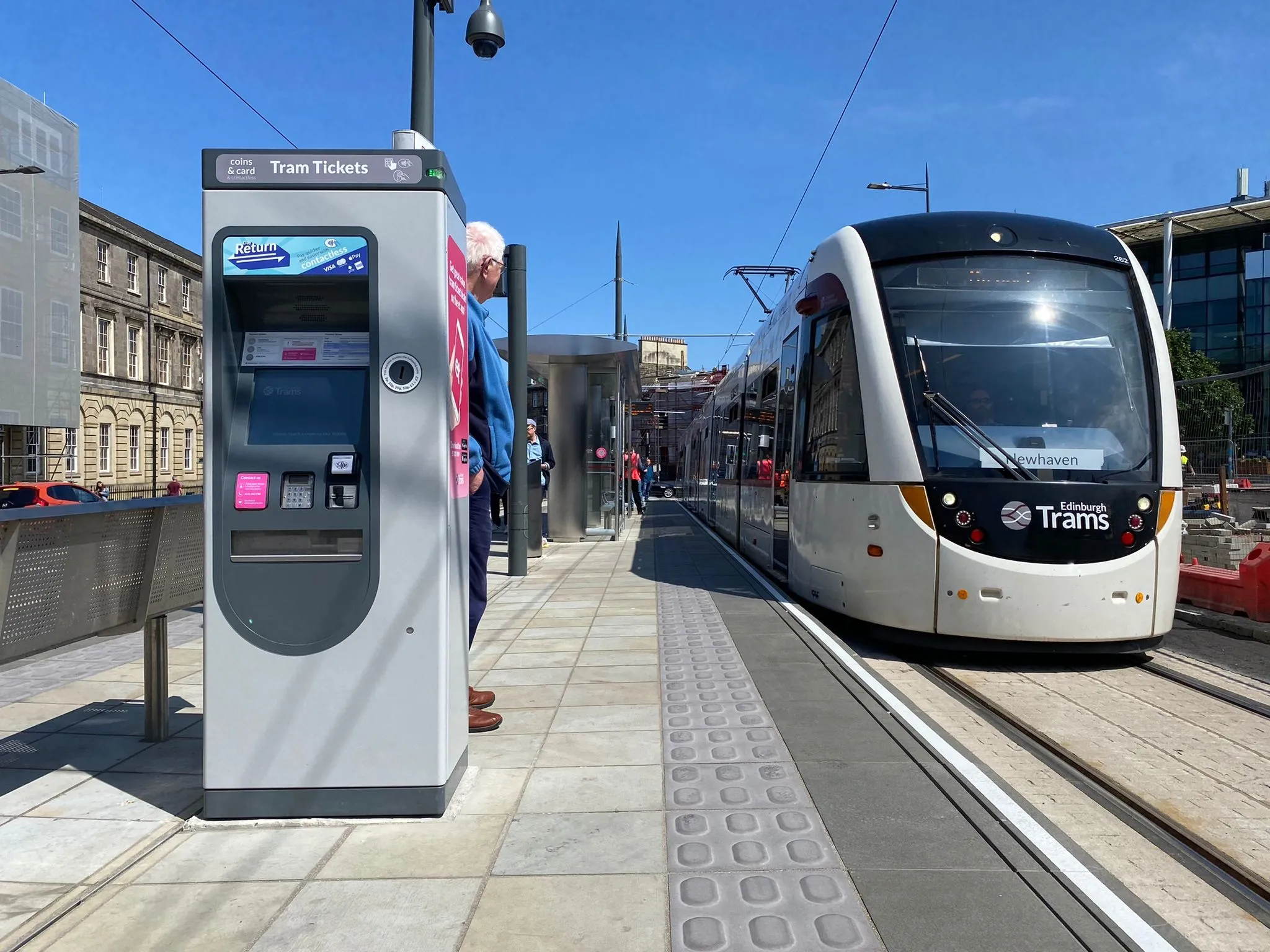Cubic Transportation Systems (CTS) and Transport for London (TfL) have launched of the TfL mobile ticketing app for Oyster card users in London, England. The mobile app –
Designed by TfL and developed by Cubic, the app allow Oyster card customers to manage travel fares and payments, top up cards and view journey history on the go via Android or Apple iOS devices.
A range of travel products, including pay-as-you-go, weekly, monthly or annual travel, can be bought using the app and then added to custome
September 8, 2017
Read time: 2 mins
A range of travel products, including pay-as-you-go, weekly, monthly or annual travel, can be bought using the app and then added to customers’ Oyster cards after 30 minutes by simply touching the card on the yellow reader at London Underground, Docklands Light Railway, London Trams and TfL Rail stations as part of the journey. Mobile app purchases can also be added at London river piers and National Rail stations that accept Oyster cards.
Future updates will allow products to be delivered and picked up on any of TfL’s 9,000 buses. Journey histories for view will also be expanded to include those paid via contactless pay- as-you-go bankcards.








